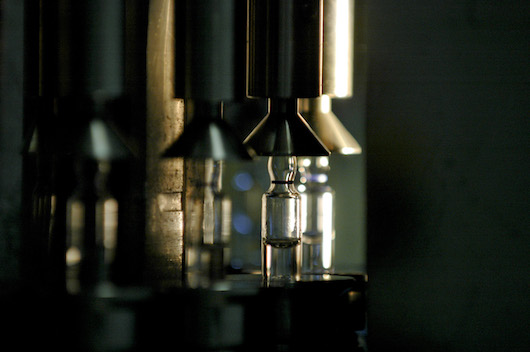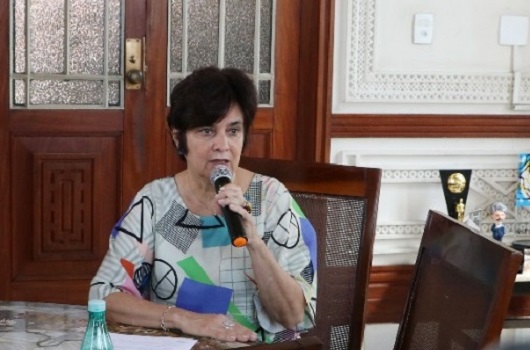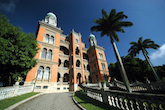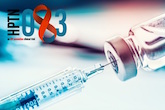Fiocruz coordinates a pioneer study in HIV pre-exposure prophylaxis
The international clinical trial HPTN 083 has proven that PrEP containing CAB-LA (long-acting injectable Cabotegravir) used every eight weeks yielded efficacy superior to Truvada in the prevention of infection by the virus. The results were present at the 23rd International Aids Conference (Aids 2020).
New strain of influenza virus is identified in Brazil
Analysis made by Fiocruz researchers have pointed to the presence of the influenza virus A(H1N2)v, which causes infection in pigs. The case was reported to the Ministry of Health, which then notified the World Health Organization (WHO), according to the international health regulation.
Article discusses how Covid-19 impacts mental health
In an article published in Frontiers in Immunology, researchers of Fiocruz and of Universidade Federal Fluminense (UFF) discuss how the new coronavirus can affect mental health, pointing to neural, immunological and endocrinological alterations related to the infection and to social distancing.
WHO designates Fiocruz as Knowledge Hub for alternatives to tobacco growing
The Fiocruz and Convention Secretariat, which serves as the secretariat of both the WHO Framework Convention on Tobacco Control (WHO FCTC) and of the Protocol to Eliminate Illicit Trade in Tobacco Products, entered into a Memorandum of Understanding. The document designates Fiocruz as WHO FCTC Knowledge Hub for Articles 17 and 18.
Drugs against hepatitis C inhibit the replication of the new coronavirus
In tests with the new coronavirus, daclastavir prevented the production of infective viral particles in three cell lineages under study, including human lung cells. The study also tested sofosbuvir. Both drugs, as well as atazanavir (that have previously showed good results in vitro), were introduced in clinical trials after the study.
Zika Social Sciences Network launches virtual space
The Network brings together about 60 researchers, from 10 units of Fiocruz and 15 external institutions, in addition to representatives of civil society. The virtual space gather all the work produced in the last four years by the group.






